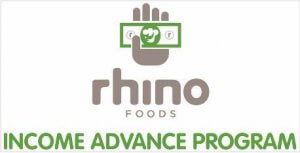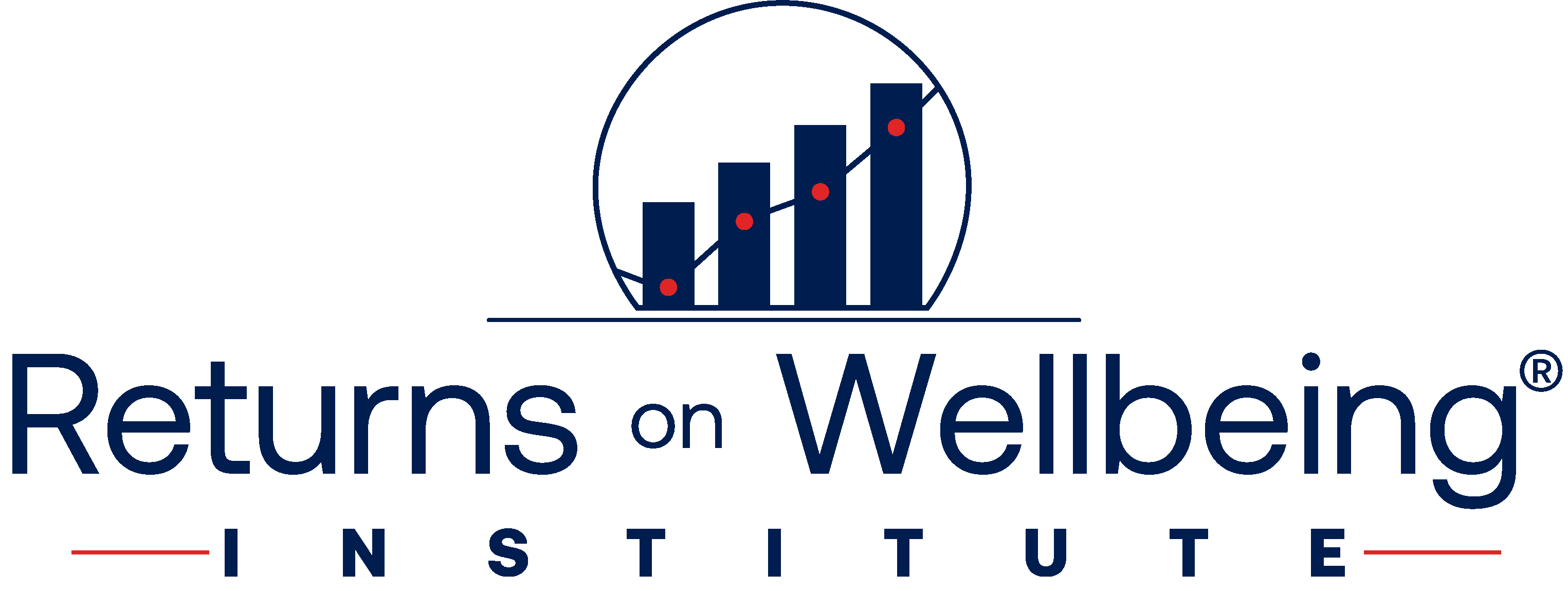 We’re all vulnerable to financial emergencies, but not everyone has the available resources to navigate unexpected expenses. A root canal, major car repair or replacing a broken appliance can cause financial hardship for many families without adequate savings.
We’re all vulnerable to financial emergencies, but not everyone has the available resources to navigate unexpected expenses. A root canal, major car repair or replacing a broken appliance can cause financial hardship for many families without adequate savings.
Pandemic-related financial stress now afflicts more and more American workers, making them susceptible to short-term financial shocks. Employers must take steps to ensure workers, especially lower-paid workers, can manage economic shocks that lead to stress and lower workplace performance.
Returns On Wellbeing Institute spoke with Debora Rolland, Executive Director of the Rhino Foods Foundation, who explains why and how employers can help their workforces meet everyday financial emergencies.
She also discusses Income Advance, a program launched by Rhino Foods in 2008 that provides short-term “loans” to Rhino Foods’ employees and helps reduce financial stress, improve credit, and increase savings while lowering absenteeism, boosting morale and cultivating more focused employees
The Income Advance Guide was created by Rhino Foods and B Lab, two organizations committed to creating shared and durable prosperity. Deborah explains how employers can implement the Income Advance Program in their own companies.
Learn more at www.incomeadvance.org.
Podcast: Play in new window | Embed
Subscribe: Apple Podcasts | Google Podcasts | Android | RSS

